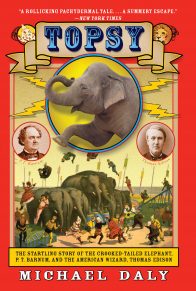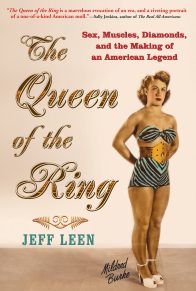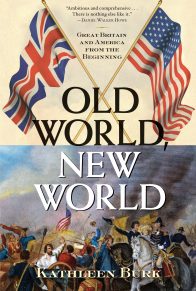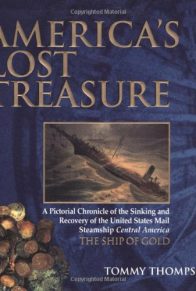About The Book
“We lost the American colonies because we lacked the statesmanship to know the time and the manner of yielding what it is impossible to keep,” declared Queen Elizabeth II at the American Independence Bicentennial in Philadelphia on July 6, 1976.
In The Long Fuse, Don Cook investigates the American Revolution from the British side, throwing new light on this colorful age and its players. He draws from a multitude of primary sources, including personal correspondence and political memoranda, to show how Britain, at the height of her power but suffering from internal political strife, made one mistake after another, culminating in the loss of her prized colonies.
In opposition to King George’s American policies were such towering figures as William Pitt, Edmund Burke, and Charles James Fox; their speeches in the House of Commons are some of the best oratory in the English language. But despite their eloquence and forcefulness, they did not have the votes to prevail. In the end, the Americans rebelled as much against an English political state of mind as against the British Army.
Cook takes us through the war years: King George’s decision that “blows must decide” the colonies’ future; Lord North’s futile effort to negotiate peace after the British defeat at Saratoga, which only hastened the American alliance with France; the secret letter from Washington to Lafayette that the British intercepted, perhaps altering the outcome of the Battle of Yorktown; and the peace negotiations masterminded by Franklin and John Jay.
Praise
“The Long Fuse is a marvelous new way of understanding the Revolutionary War. Many Americans have no idea of the extraordinary combination of brilliance, ignorance, stubbornness and intelligence on the British side. We won with a majestic collection of heroes, fools, geniuses, and rogues; they lost with an unforgettable cast of colorful characters. This eye-opening book is a splendid historical synthesis.” –John Chancellor
“Don Cook has given us a lively account of the British bumbling and fumbling which led to the birth of our nation. Drawingon his reporter’s skills in politics and diplomacy, Cook scores a real coup in The Long Fuse–hemakes the British actions understandable even as he exposes their incredible stupidity. The result is avivid chapter on the march ofhuman folly.” –Warren Zimmerman
“Don Cook’s years of experience in London as a foreign correspondent have given him a special insight into the British body politic. I read it at a sitting. Cook’s hero is clearly Ben Franklin, and in few accounts have I found a more appealing depiction of this Renaissance Man, dealing with intransigent pig-headedness. Here is also a classic lesson how, in history, small events when handled insensitively can lead, with terrible inevitability, to great disaster.” –Alistair Horne
“This book by one of our best foreign correspondents brings new immediacy, color and insight to a forgotten dimension of the American Revolution. It is time for Americans to learn how the War for Independence struck the British.” –Arthur Schlesinger, Jr.
“Delineating the political culture of corruption and bribery that pervaded London and disgusted Americans like Benjamin Franklin, Cook convincingly concludes that the war was lost as much in London as on the colonial battlefields. Illuminating new perspective on an old topic” –Kirkus Reviews
Awards
Winner of the Colonial Dames of America Annual Book Award 1996













